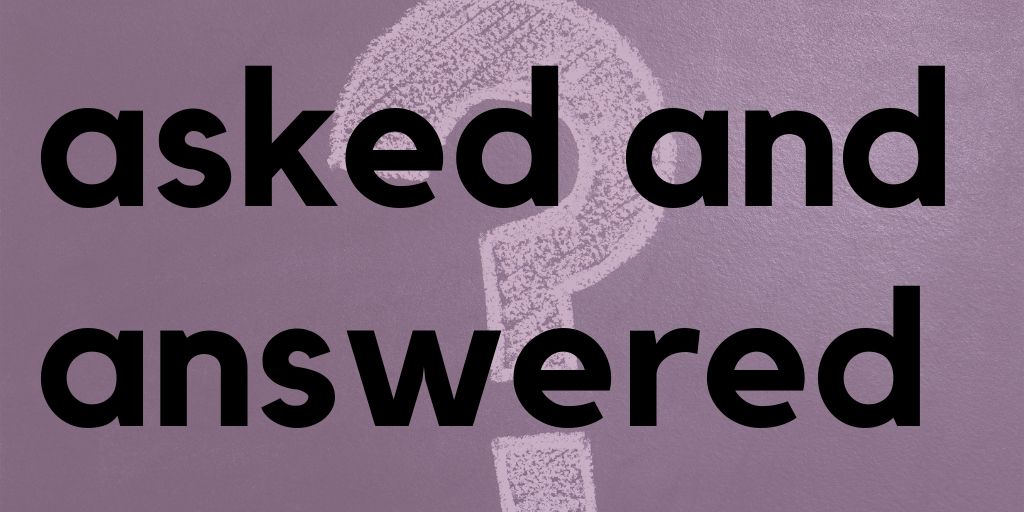I got an email from a high school student in New Hampshire who was asking historians and history writers for input as he thought about his college applications. The question he put to us was “Why does history captivate you?” Terrific question! Here’s my hopefully halfway-coherent answer:
In college one of my history professors told me that “history is the story of the present told through the past.” Like you, I’d been reading history since I was young, but I’d always assumed that history was simply a record of what happened. It never occurred to me that, all along, historians were making choices about history – which people to write about, which events to include in their accounts of “what happened”… and, in choosing which made the cut, also choosing who and what didn’t belong. And in making those choices, historians reveal what matters to people in their time and place. The professor pointed out that while the American Revolution and the French Revolution were both well-known to history books, the very similar revolution in Haiti never got the same kind of attention, which showed how white Europeans were valued more than people of color.
And here I thought, when I was younger, that visiting the presidents’ graves was just the next best thing to meeting the individuals I found so fascinating! But what made writing my book so much more interesting was exploring that other, hidden world of who each president has become as historians have told the story of the present through the past. To one generation, Thomas Jefferson is a champion of individual freedom; to another, he is a symbol of the horrors of slavery. In one era Ulysses S. Grant is a hero, while in another he’s a butcher. And this extends well outside presidents, of course – just look at the debates we’re seeing now about whether Confederate statues put up in the Jim Crow era should stay standing in 2017.
I’m still fascinated by the same people, places and things that grabbed my attention as a kid – but in a whole new way. Now, when I see a monument, I get to ask a whole new layer of interesting questions. What’s the story behind this monument? Who put it here and why? What does this monument tell me about the people who built it, and what mattered or didn’t matter to them? There are so many great stories like these hiding in plain sight – and uncovering them is so interesting.
The story of the present, as told through the past. It’s a pretty interesting world, and the people on both sides of the process are really, really fascinating. So to come back to your original question, history captivates me because it’s about people – and people are pretty fascinating.

